Financial products must be adapted to women’s needs, like enabling them to open their own account or improving their financial literacy. Photograph: World Bank Photo Collection
Two billion people worldwide still lack access to regulated financial services. Despite significant progress and the increased technical and financial resources devoted to financial inclusion, much work remains ahead.
There is broad consensus that access to a transaction account can help people better manage their life and plan for emergencies.
But financial access and the underlying financial infrastructure taken for granted in rich countries, such as savings accounts, debit cards or credit as well as the payment systems on which they operate, still aren’t available to many people in developing countries. This past September, I participated in the Global Policy Forum of the Alliance for Financial Inclusion (AFI) held in Mozambique. This annual meeting convened policymakers, the private sector and other stakeholders to assume new commitments, discuss best practices and agree on the way forward.
I was impressed by rich discussions I had with AFI members and representatives of different institutions on successes and obstacles in expanding access to finance in their countries.
These hurdles can be distilled into five main challenges: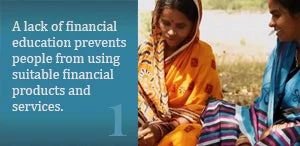
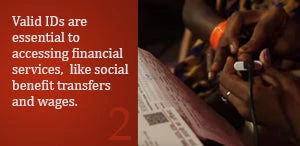
 Consumer protection and regulation. While payment services like mobile money and e-money products can further expand financial access, it’s critical to establish secured and reliable platforms to protect data privacy and funds. To promote confidence in using electronic payments, it’s important to treat new customers fairly, adequately disclose key product information and establish safety and reliability standards to allow customers to make informed choices about products they select.
Consumer protection and regulation. While payment services like mobile money and e-money products can further expand financial access, it’s critical to establish secured and reliable platforms to protect data privacy and funds. To promote confidence in using electronic payments, it’s important to treat new customers fairly, adequately disclose key product information and establish safety and reliability standards to allow customers to make informed choices about products they select. 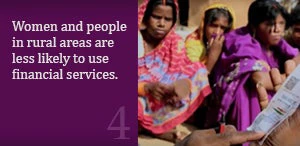
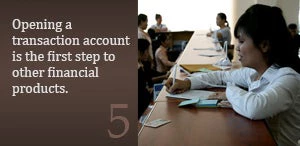
To tackle these challenges, we need to work together.
In the last two years, the World Bank Group has committed more than $8 billion in financial support for financial access and inclusion and for developing national and regional financial infrastructure.
This past spring, the World Bank Group and a number of public and private-sector stakeholders committed to reaching 2 billion people in the next five years through the Universal Financial Access 2020 (UFA2020) initiative. The UFA2020 is focusing on 25 countries where 73% of the world’s unbanked population lives. However, we are eager to work with all countries where we can add value as a technical partner or provide critical financial support.
This global initiative complements the Maya Declaration that many AFI member countries committed to over the last four years. More than 85% of the reduction in the global unbanked population between 2011 and 2014 came from AFI member countries — some 55% were from countries with a Maya Declaration commitment.
At the global level, the World Bank Group and the Committee of Payments and Market Infrastructures (CPMI) of the Bank for International Settlements (BIS) have analyzed these challenges in the just released consultative report on Payment Aspects of Financial Inclusion, which will help us understand how payment systems and services promote access to and use of financial services.
The report will suggest key actions countries should take to advance access to transaction accounts. These actions will be crucial to making financial inclusion a reality, which will help reduce global poverty and boost shared prosperity.
This blog post originally appeared in The Guardian.

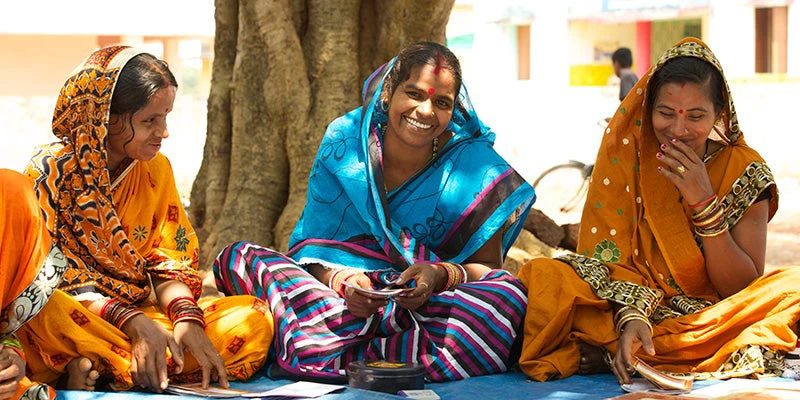

Join the Conversation